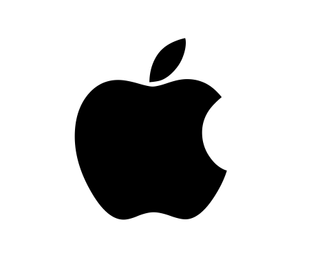The house that Tim built: Apple's home automation plan
Apple is widely tipped to move into home automation. Will WWDC see an Apple house of the future?

Inside the Enterprise: The run up to Apple's World Wide Developer Conference is always grist for the rumour mill.
Apple, of course, is notoriously tight-lipped about future products. But it does a fair bit to fuel speculation itself: teaser invitations to the media, and colourful posters at the Moscone convention centre, are as much part of an Apple event as the products themselves.
This time suggestions that Apple might be making a move into the home automation market is backed up by more than the wording on an envelope. According to the Financial Times, Apple filed a patent for a home automation system last year.
This system would, unsurprisingly, be controlled by an iPhone. The idea of controlling "smart" appliances from a phone or tablet is slowly gaining ground among consumers, with appliance makers starting to add Wi-Fi or Bluetooth connections for their hardware, and write apps to control them.
In this respect, the domestic appliance market is following the lead of gadgets such as hi-fi and cameras, which increasingly feature Wi-Fi connections to allow control from a tablet or smartphone.
White goods are less advanced in this respect: being able to turn off the dishwasher via an app is just less fun than using an app with a digital camera even if the latter is contributing to a flood of "selfies" on the internet. But it is the even less glamorous area of lighting, heating and cooling that offers the real potential. This, perhaps, is where Apple will focus its attention.
In commercial properties, building management systems are already highly automated, with a view to cutting energy use and improving security. These are factors that matter to consumers too.
Get the ITPro. daily newsletter
Receive our latest news, industry updates, featured resources and more. Sign up today to receive our FREE report on AI cyber crime & security - newly updated for 2024.
Retrofitting smart building technology to a house is no trivial task, but the success of the Nest thermostat shows there is an appetite for even a single-purpose device, provided it is well designed.
Nor is this the only initiative. In a recent project in the Netherlands, the energy arm of consultants CapGemini installed a smart meter and power management system for power company TexelEnergie. The core of the system is an Android tablet that doubles as a power monitor and controller. According to the company, users are much more likely to try to save power, if they can monitor their energy use in a convenient, and visually attractive, way.
Apple's potential advantages in the home automation space flow from its understanding of design, the popularity of iOS, and the quality control of its ecosystem. Apple is likely to spend time and money ensuring anything it brings to market works, and works well, even if it means buying more Apple branded kit. It would be a risk for CEO Tim Cook to do anything less.
And of course, if Apple succeeds, there will be pressure on businesses to adopt Apple's technology in the workplace too just as there has been with the iPhone and the iPad.
Stephen Pritchard is a contributing editor at IT Pro.




